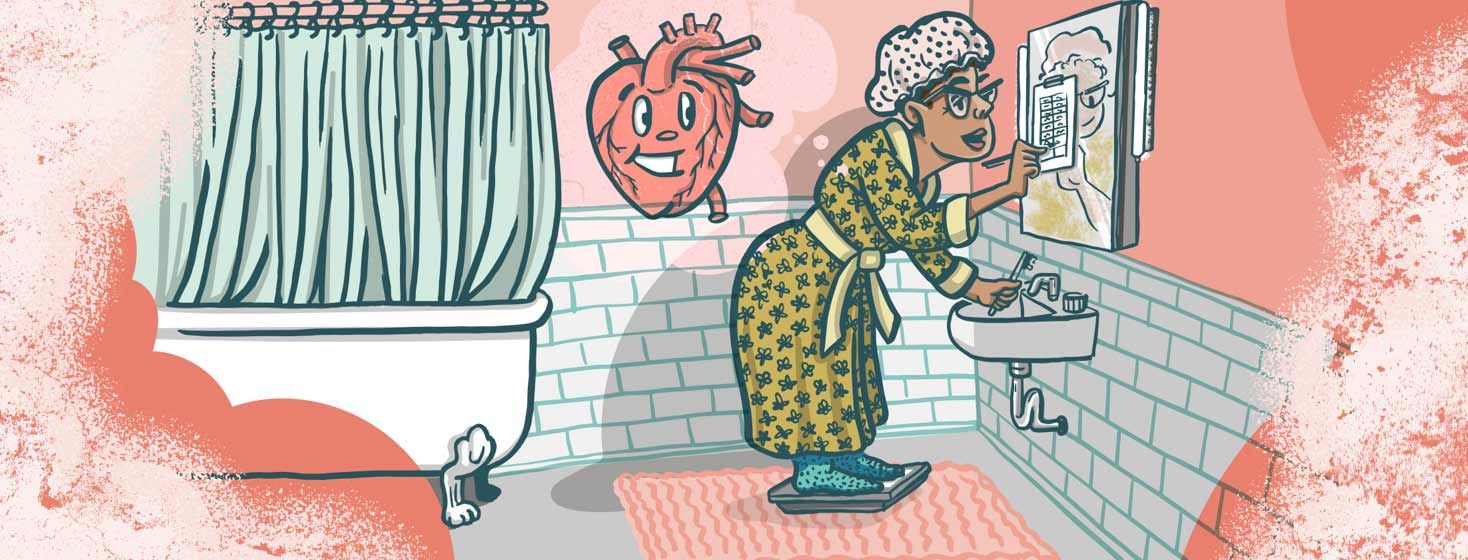Heart Failure Self-Care (Part 1)
We have all heard of the importance of self-care. For people with Heart Failure (HF), self-care is crucial in order to manage the condition. The consequences of neglecting self-care can lead to hospitalization: in fact, one in five HF hospital admissions is due to the inability to manage lifestyle or medications.1
What is the meaning of self-care?
When I refer to self-care in the realm of managing conditions, I am not referring to the traditional notions of self-care: that is, #selfcare that we are bombarded with on social media. There is a whole market for self-care yoga, teas, bubble baths, manicures, and makeup. The self-care that I am referring to is adhering to medication regimens, restricting salt intake, monitoring daily weights, and adjusting diuretic dosages.
There is little acknowledgment of the difficulty of following all these activities. Even some pharmacists have trouble remembering to take one medication, nevertheless the complex regimen that people with HF are expected to adhere to!
What are the benefits of appropriate self-care?
It’s futile to tell others that they should partake in certain activities without telling them the why. Studies have shown that improved self-management skills can reduce the odds of being readmitted to a hospital by 40% at one year.2 Many other trials have duplicated these results. highlighting that improved self-management skills result in a decrease in hospitalizations in people with HF. No studies have shown this effect on reducing mortality. If we think about the frequency of these hospitalizations and the time it takes away from our loved ones, it can be motivating to adhere to your self-care regimen.
Monitoring signs and symptoms
For people with HF, the body attempts to compensate for the condition. Compensation tends to be subtle. The purpose of monitoring is to allow the opportunity for early identification and intervention. One of the most important signs that should be monitored daily is your body weight.
Body weight
The best way to remember to take your weight daily is to integrate it into your morning routine. The decision to weigh yourself needs to be easy – it makes no sense, for example, to leave your scale in a closet you never use. Place your scale where you can see it, such as your bathroom. Take your weight after urinating, but not after eating or drinking.
It is important that you have a discussion with your team regarding your target weight and devise a plan for any weight increases. Jot this number down somewhere where you can clearly see it.
Even if your weight is normal, keep a record of your weight daily. There are free apps that can help record and track these values. You can also print off a weight log and tape it on your wall above your scale. Remember, the best way to integrate changes in your life is to remove the resistance to making choices. If you are in a hurry and can’t find your logbook because you left it in your car, chances are you will forgo your daily check-in.

Join the conversation